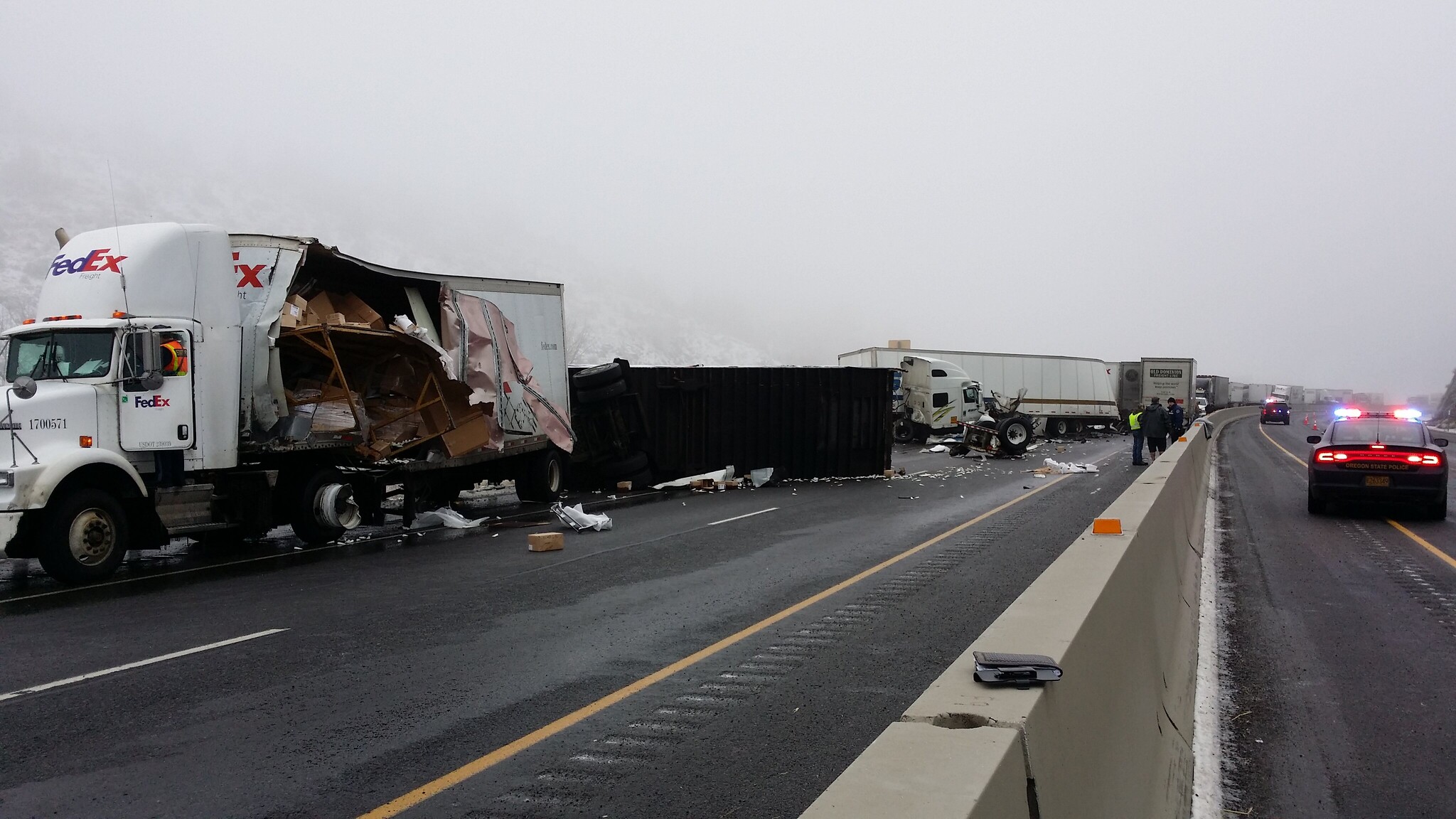Your lawyers may bring in accident reconstruction experts. They’ll also check if the truck was equipped with rear guards as required by law and if they were in good condition.
Greenville, SC – South Carolina ranks sixth for the highest number of truck accidents and most of those crashes occur in and around major cities such as Greenville. If you are injured or if you lose someone in such a collision, you’ll need experienced South Carolina truck accident lawyers to help you determine who is liable for your damages. This is not between you and the trucker, it’s you against the lawyers representing the trucking company, and they know only too well how to handle damage claims.
There are indeed cases when the crash was caused by the trucker’s error, so he’ll be solely responsible for damages, but in many cases, the trucking company also bears part of the blame and they need to pay for it.
Let’s have a look at the most common types of truck accidents in South Carolina and who may be held accountable for damages.
Head-on collisions
A head-on collision occurs when a trucker loses control of the vehicle and veers into oncoming traffic. Considering the high speed most truckers go on a highway, such an impact can have devastating consequences.
The police report will write it down as just that – a head-on collision, but that’s not good enough if you’re to file a personal injury or wrongful death claim. Your Greenville truck accident lawyers will have to determine what made the trucker lose control of that semi. They’ll want to know if the truck driver was fatigued. They’ll examine the driver’s log to see whether he complied with federal safety regulations. Any violation of the FMCSA Hours of Service regulations is considered negligence. If the trucker’s employer knew or should have known about such violations, they can be held accountable for the crash.
The same applies if the trucker was intoxicated. It’s a known fact that many truckers use illegal substances to keep them going, but the employer must submit them to random drug and alcohol tests to curb this dangerous practice. If they did not or they chose to turn a blind eye to the problem, they are responsible for what their employee did to you.
Jackknife accidents
A jackknife accident happens when the cabin and the trailer of a truck become folded at an angle. The large commercial vehicle will block several lanes and a crash is inevitable. The most common cause of jackknife accidents is speeding, and this is on the trucker.
However, your lawyers may want to investigate a bit more. If the driver had not received proper training, the employer may be liable for damages.
On the other hand, if the truck had a tire blowout, this may be on the company also, as vehicle maintenance is their responsibility.
Truck rollovers

A rollover is as dangerous as it is spectacular. The most common causes of truck rollovers include reckless driving, load problems, or mechanical failure. If it was a case of reckless driving you may have to file a claim against the trucker’s insurance.
Skilled truck accident lawyers will also want to investigate whether there was a problem with the cargo, such as a sudden shift. If the cargo is not properly secured and balanced, there’s very little a driver can do to prevent a rollover. In this case, you may be able to sue those responsible for loading the truck, maybe the cargo owner or the shipping company.
Rear-end collisions
A rear-end collision can be deadly as the passenger car will most likely slide under the truck and become wedged. If you were following too closely, you may not be able to recover any damages.
On the other hand, if the trucker hit the brakes suddenly, the crash may be his fault. Maybe the guy was distracted and didn’t notice there was a traffic jam. Large commercial vehicles need more time to stop than small cars, so you may rear-end the truck even if you kept your distance and were driving cautiously.
Your lawyers may bring in accident reconstruction experts. They’ll also check if the truck was equipped with rear guards as required by law and if they were in good condition. If the rear guards were rusted or barely hanging there, you may have a case against the trucking company, as well as against the trucker.


Join the conversation!